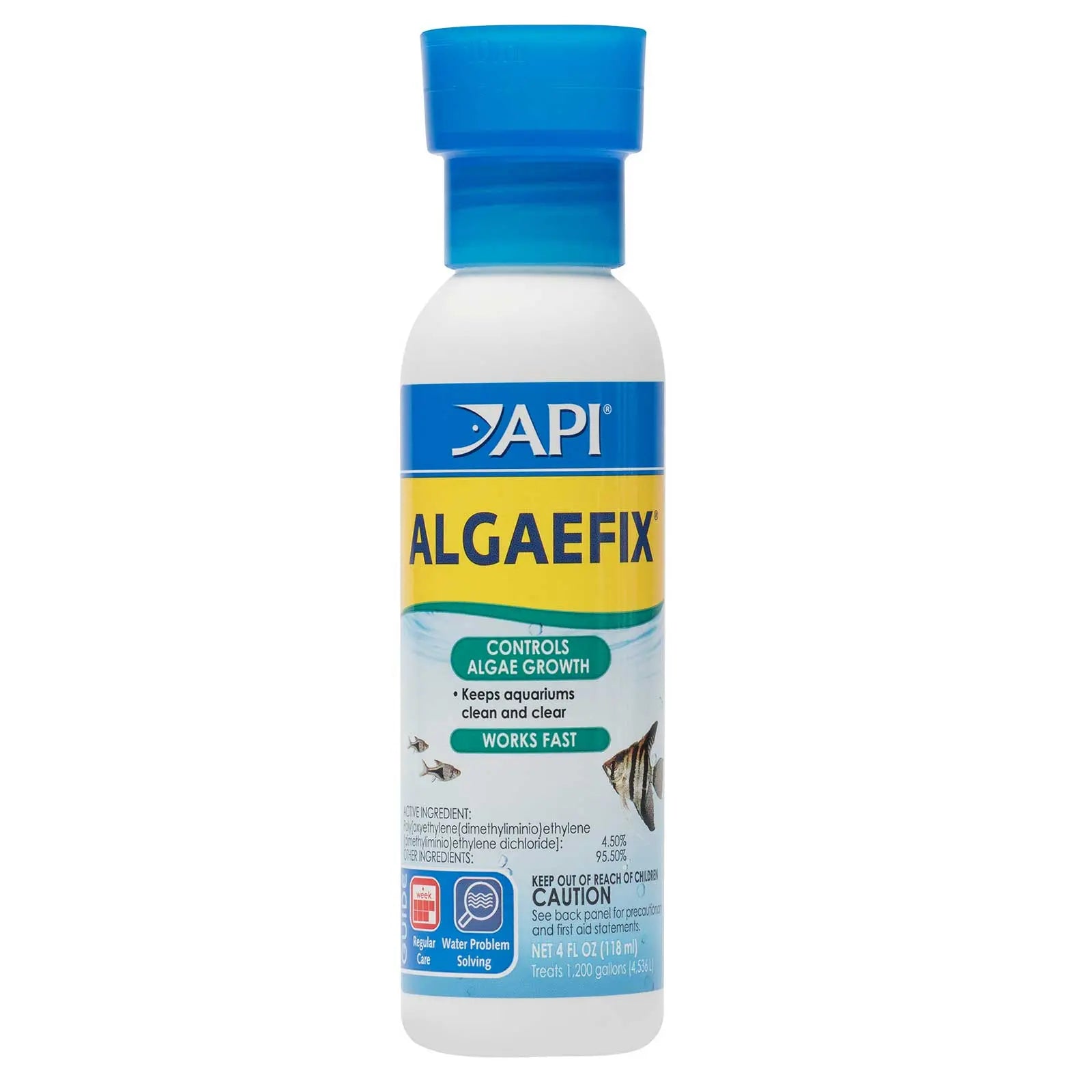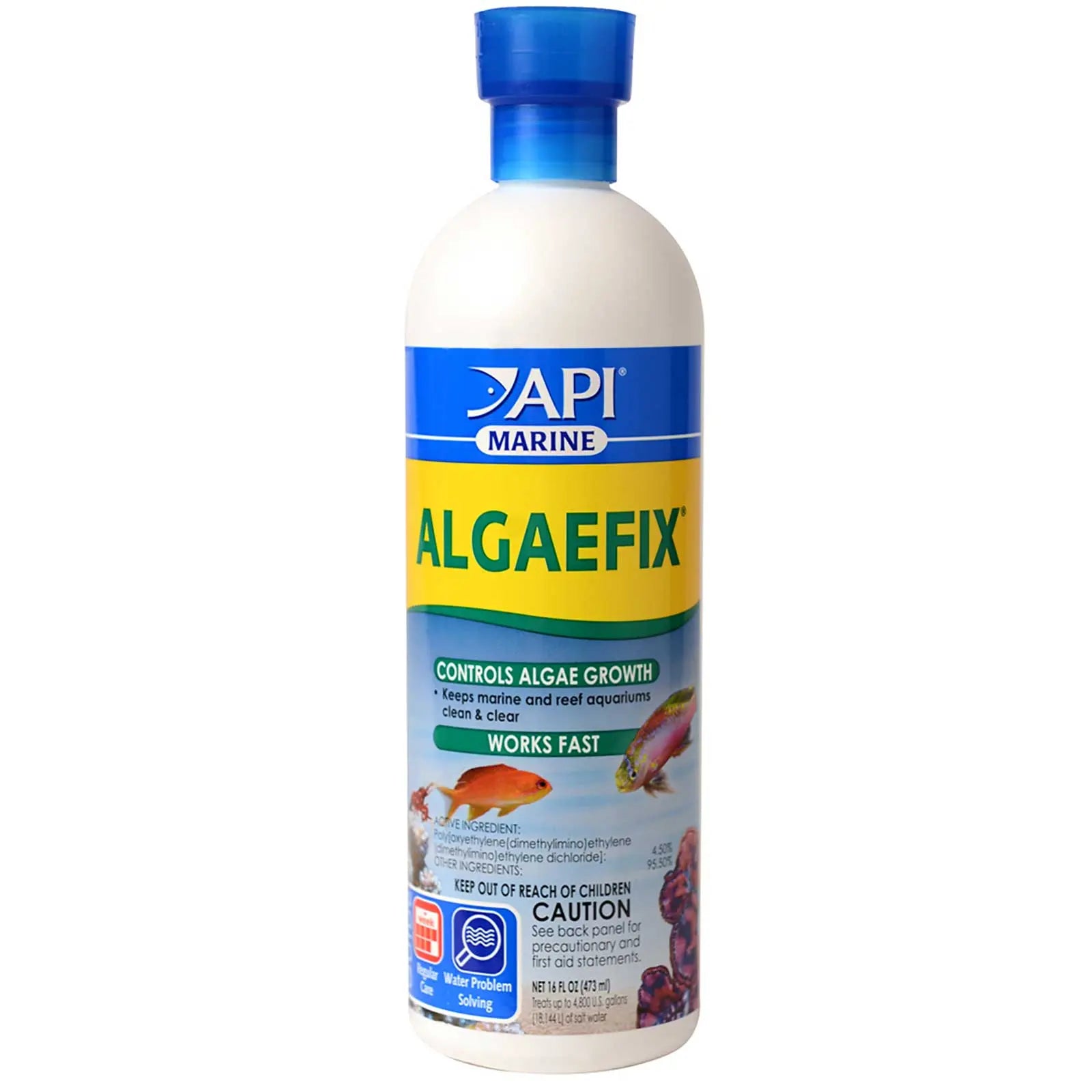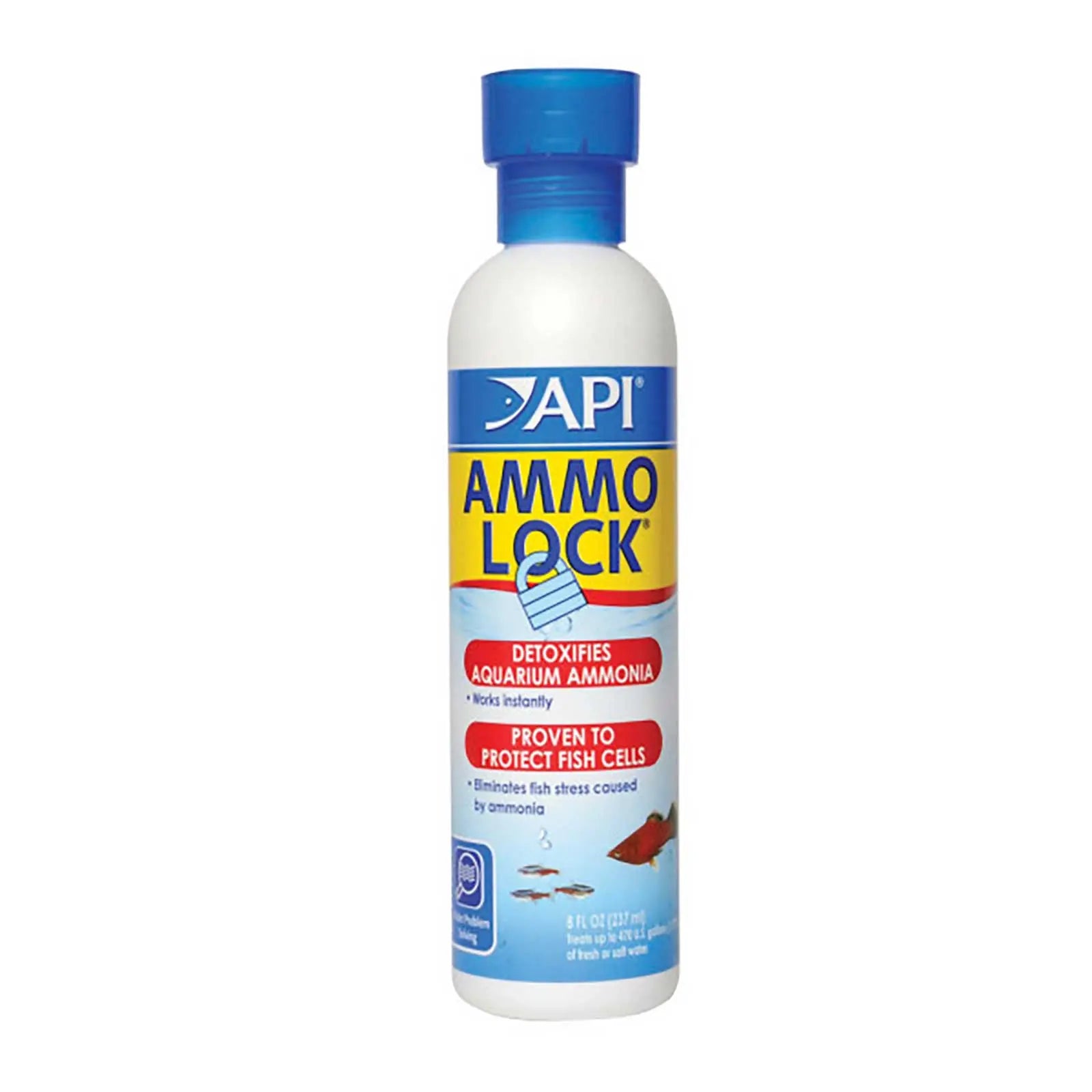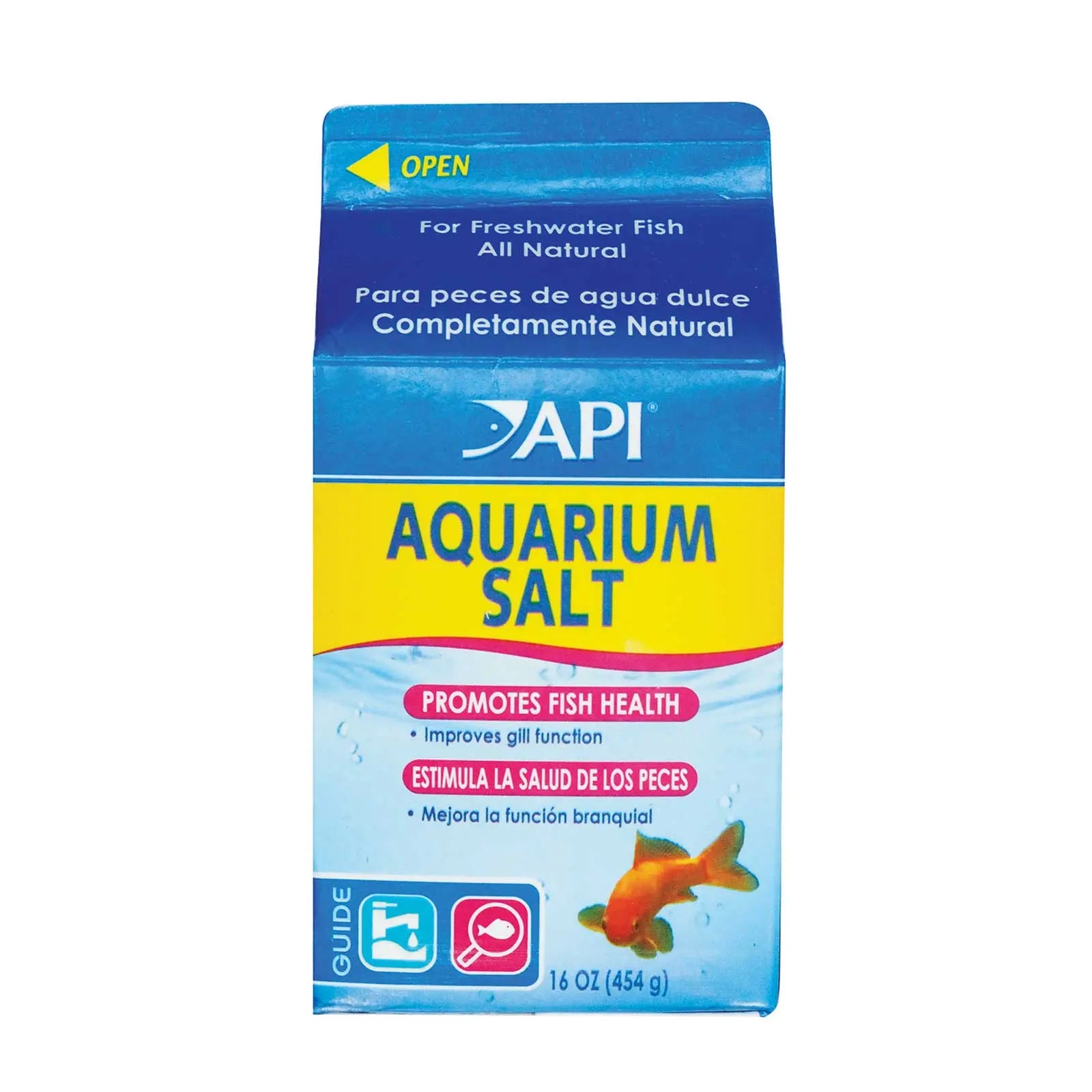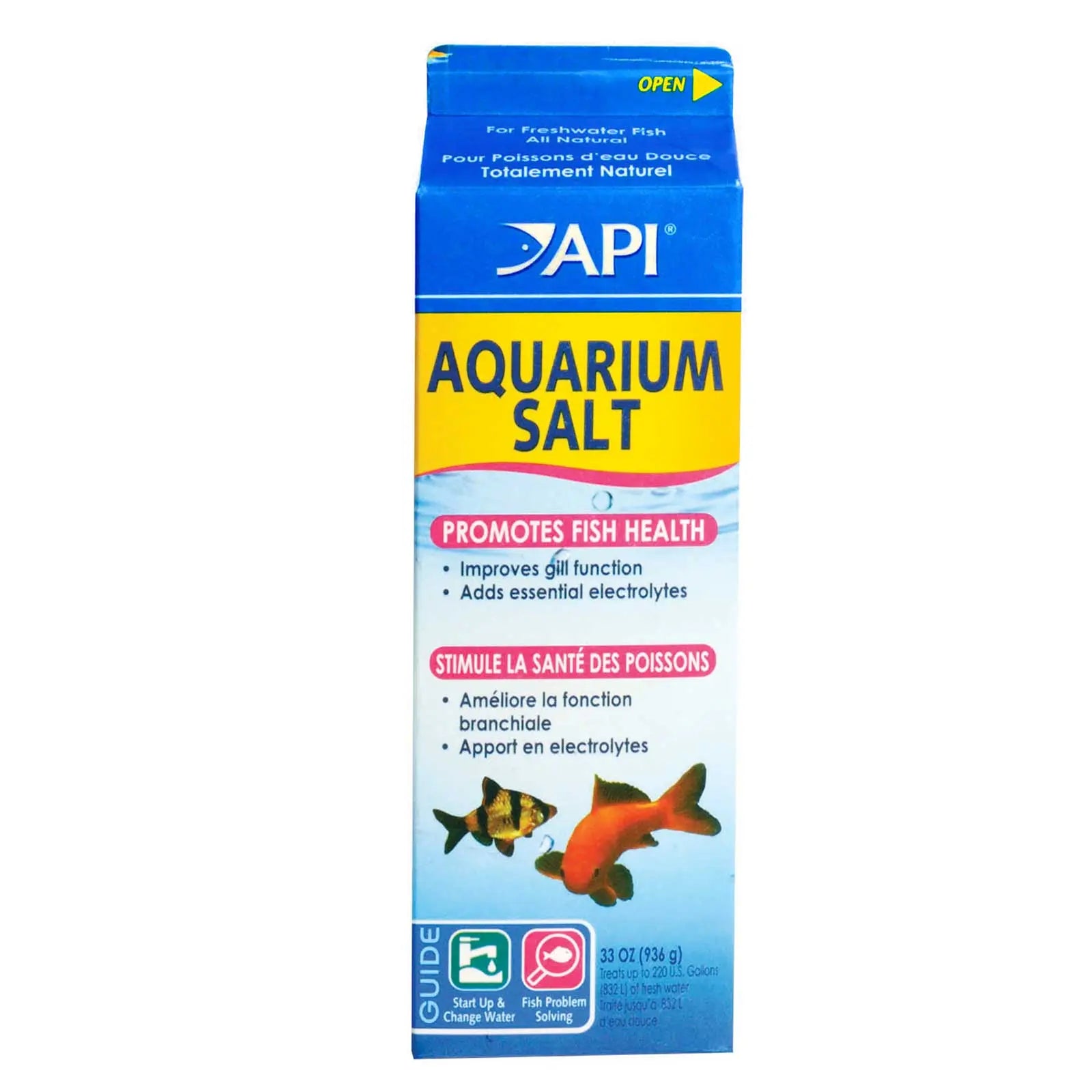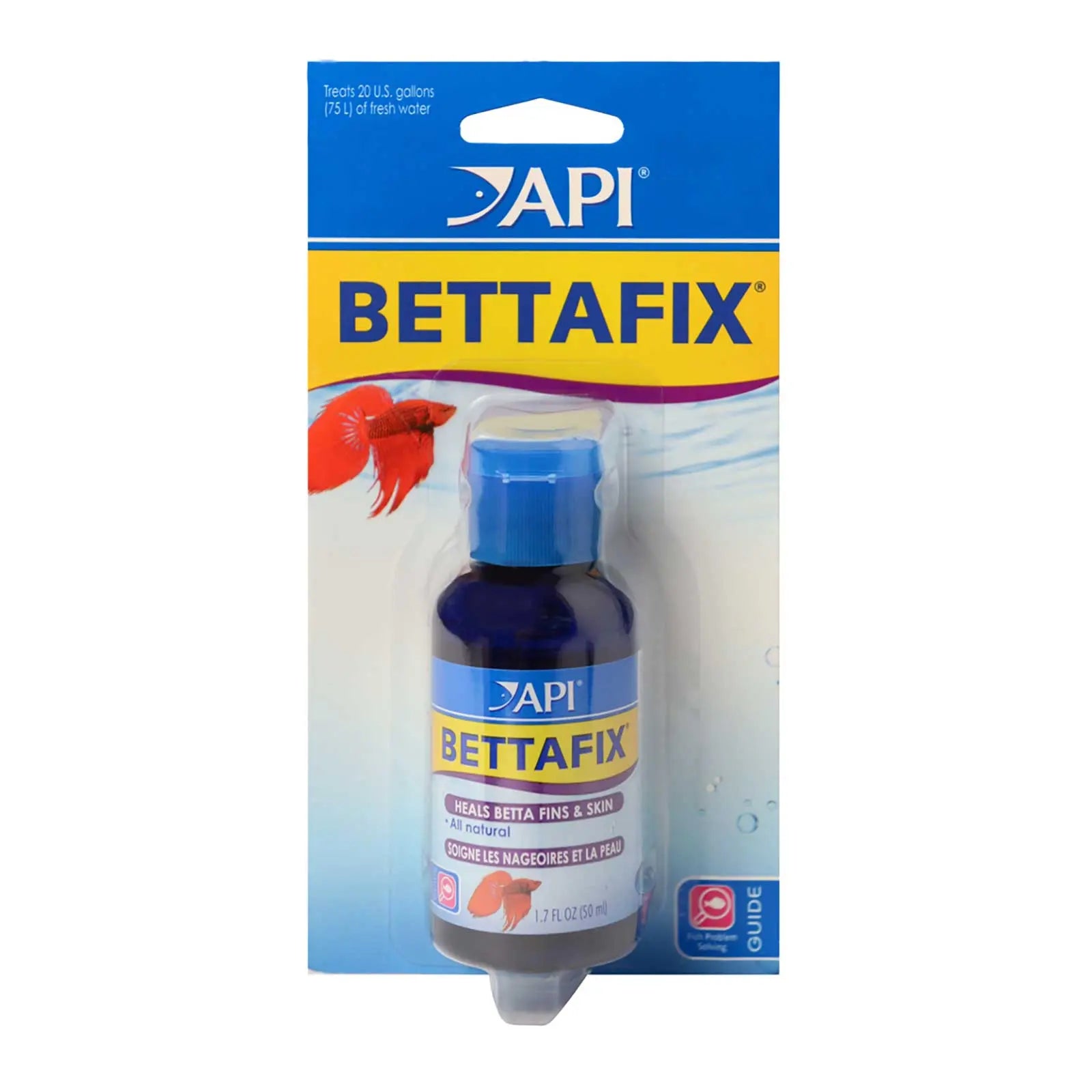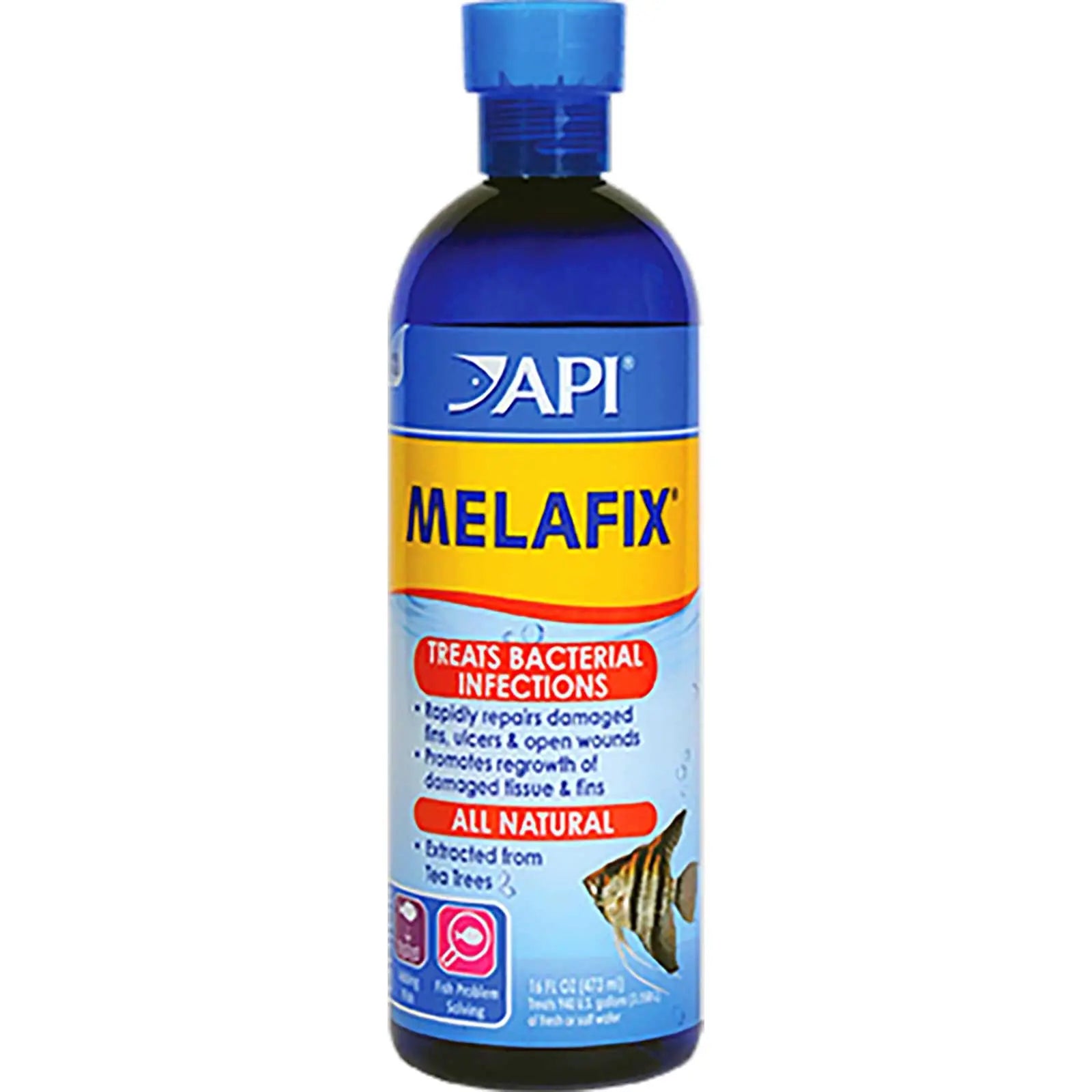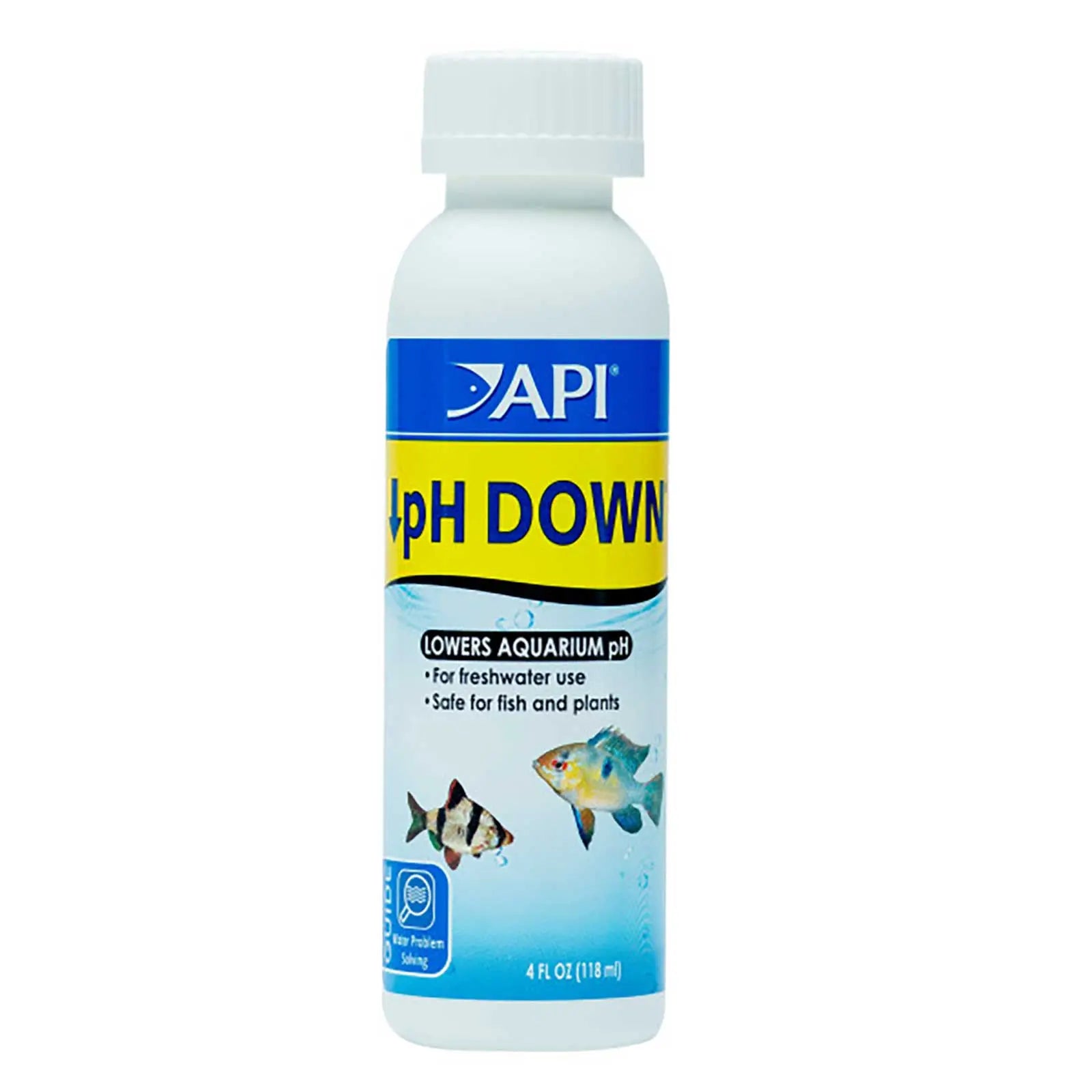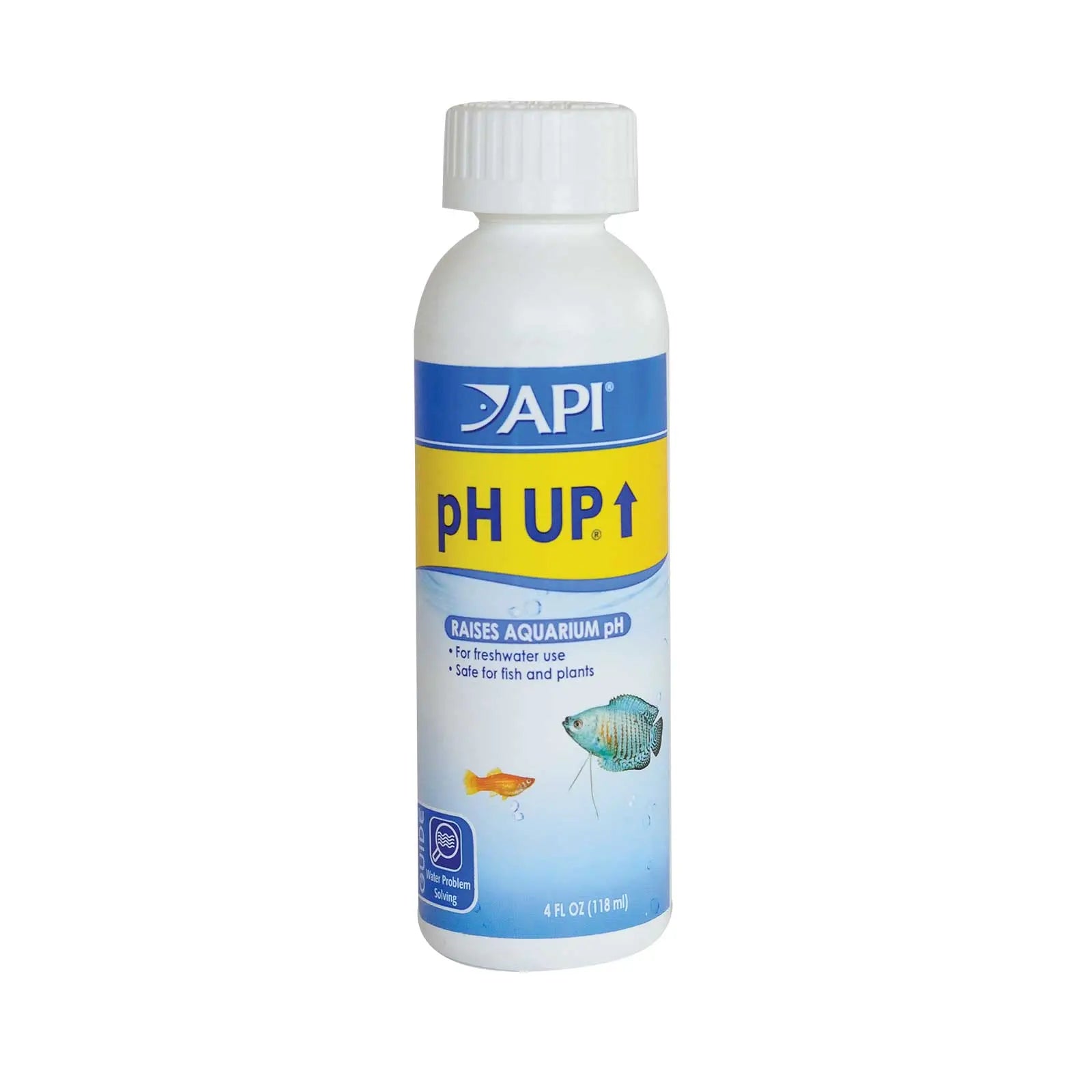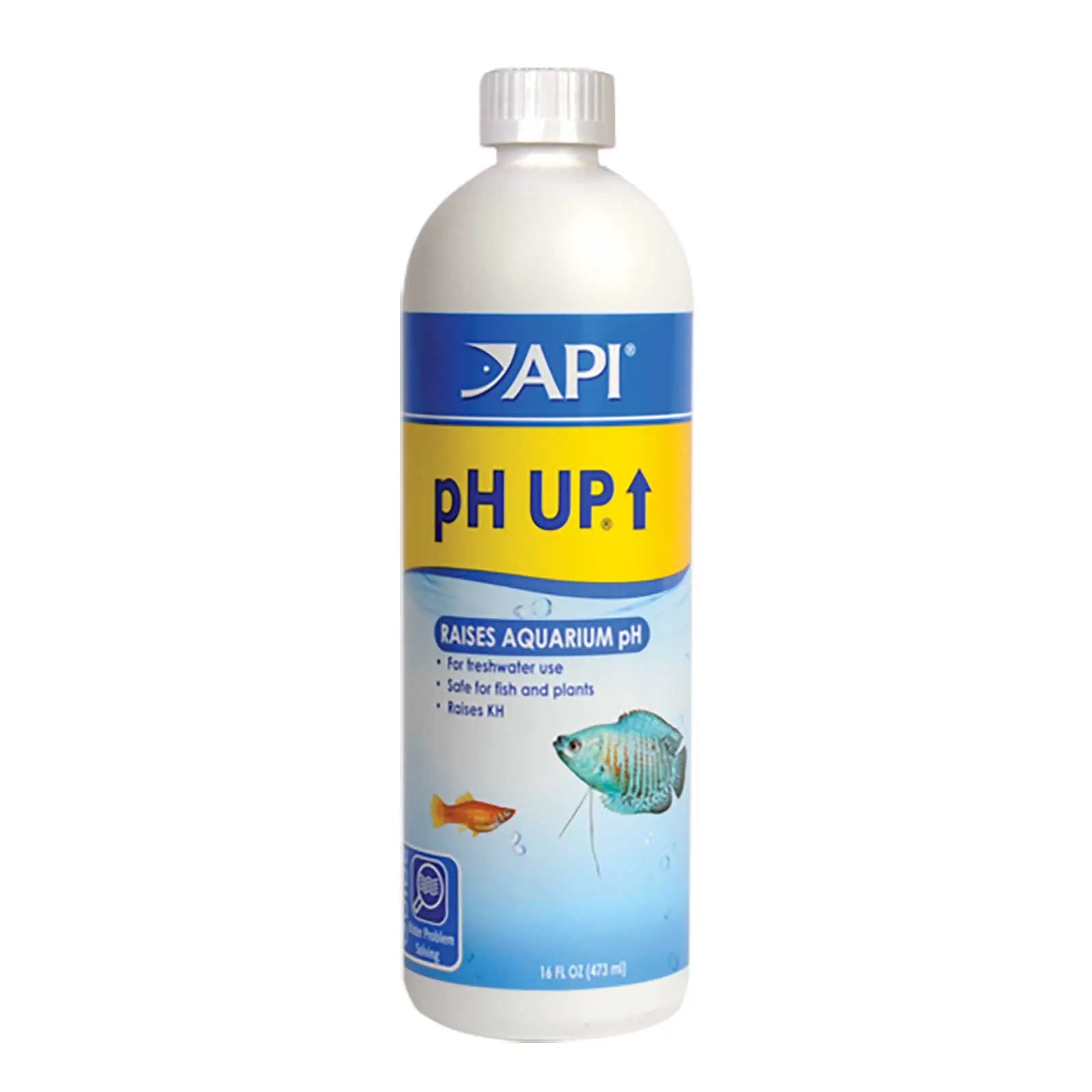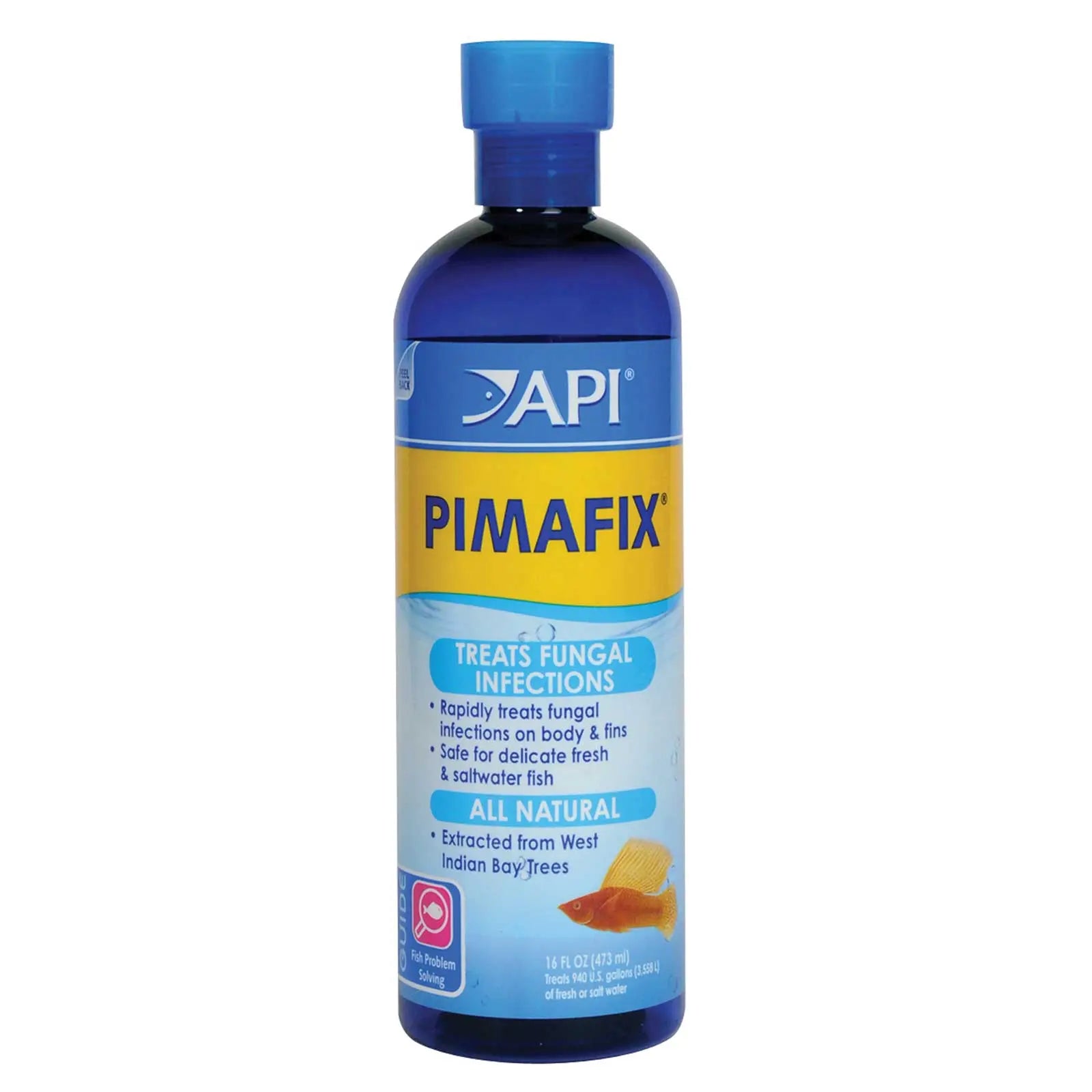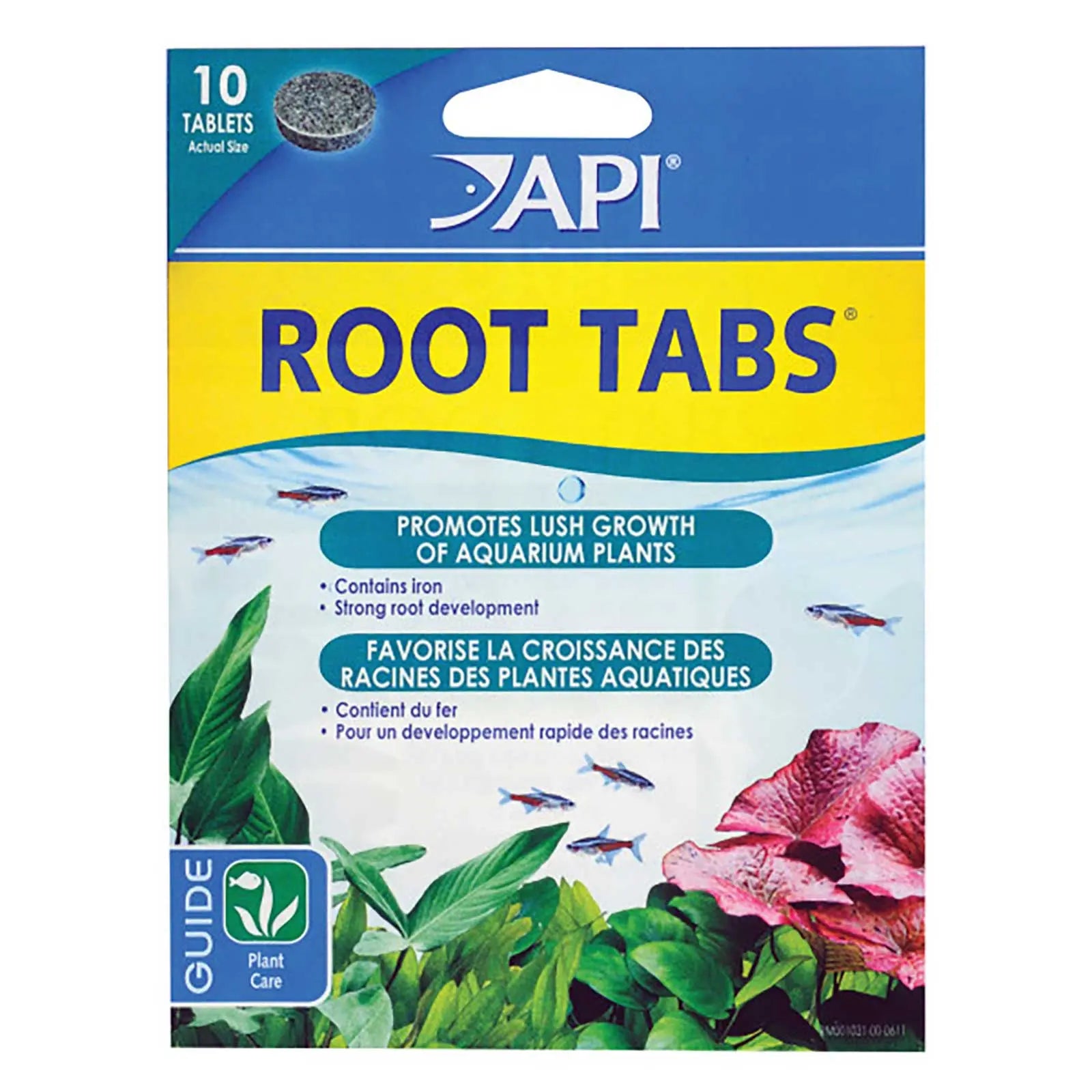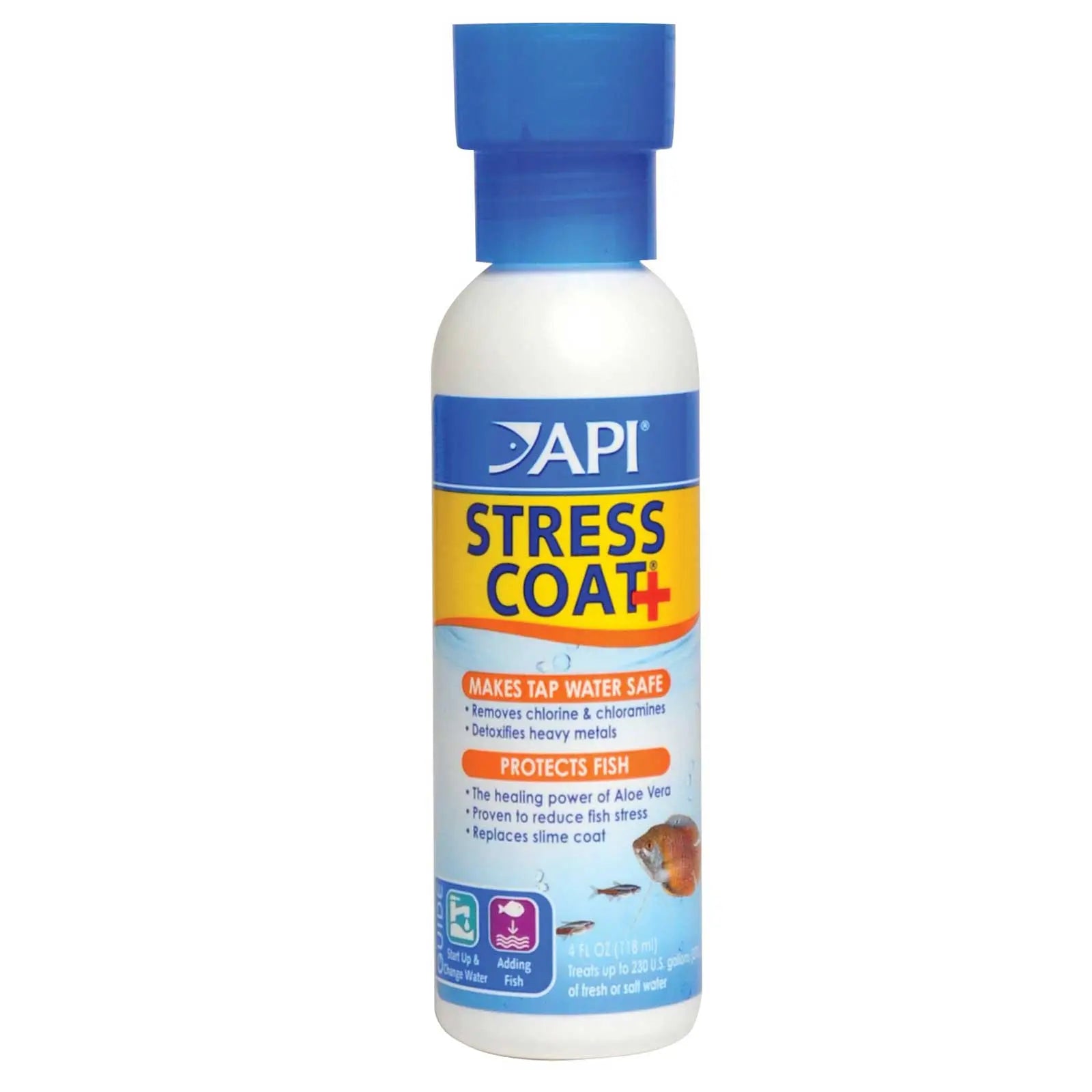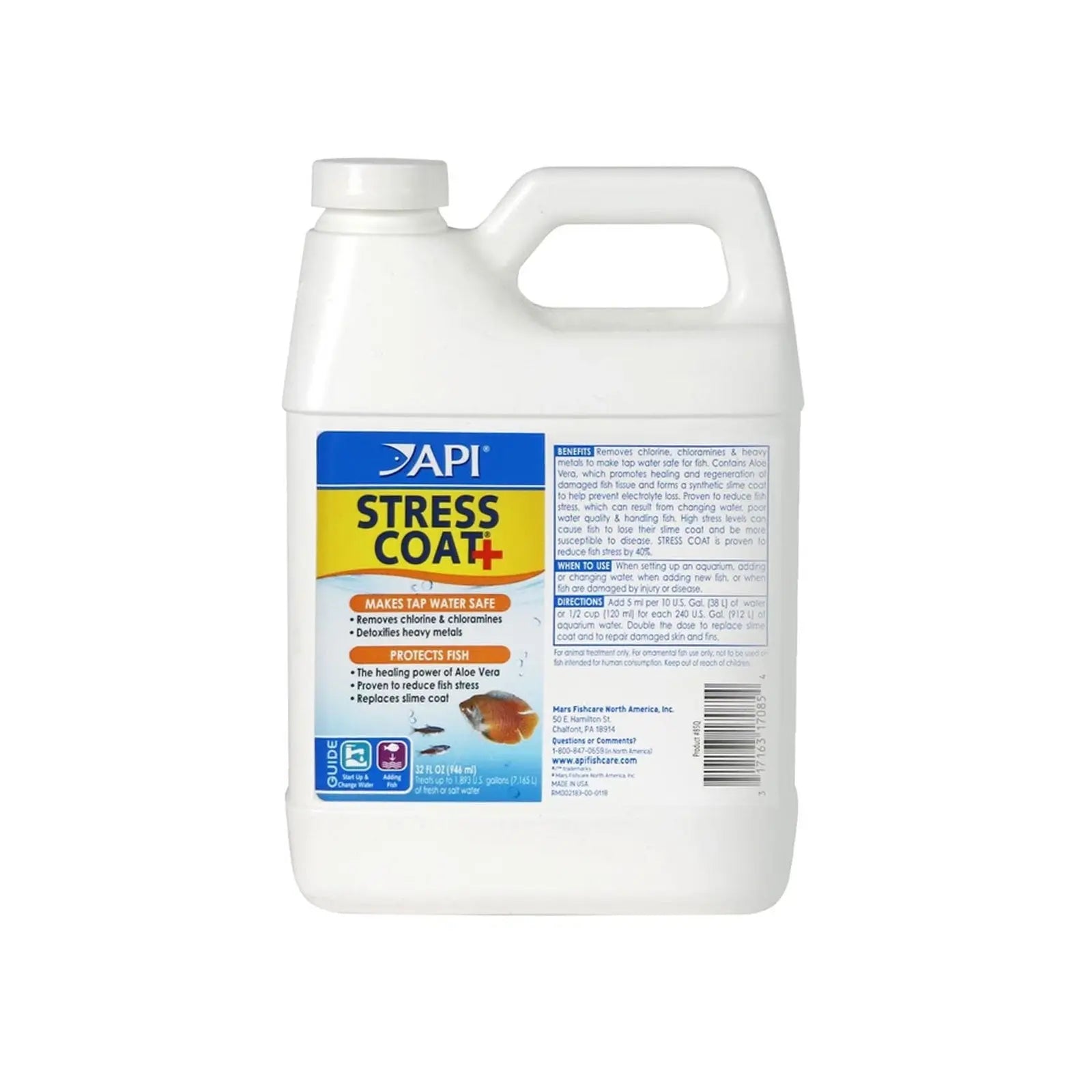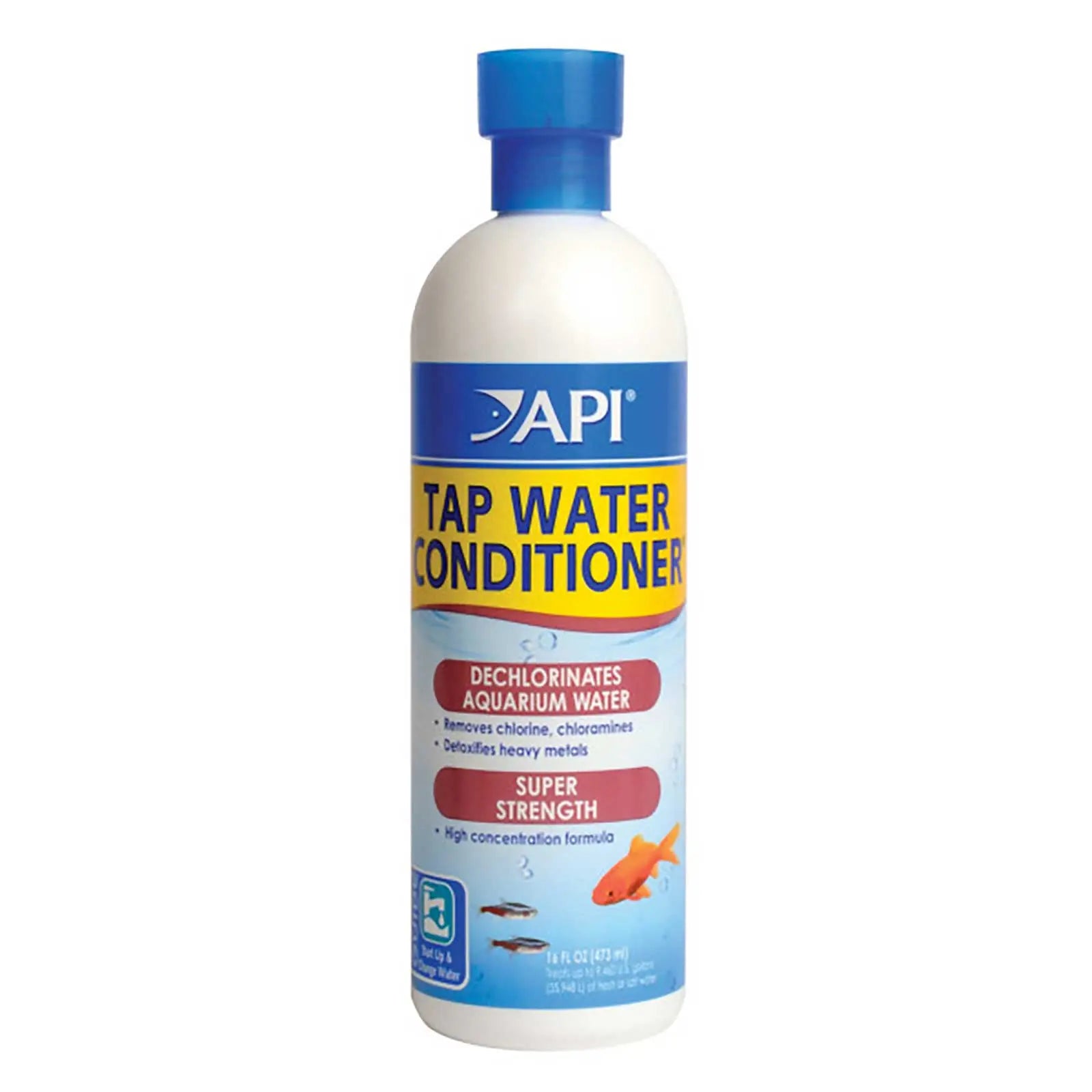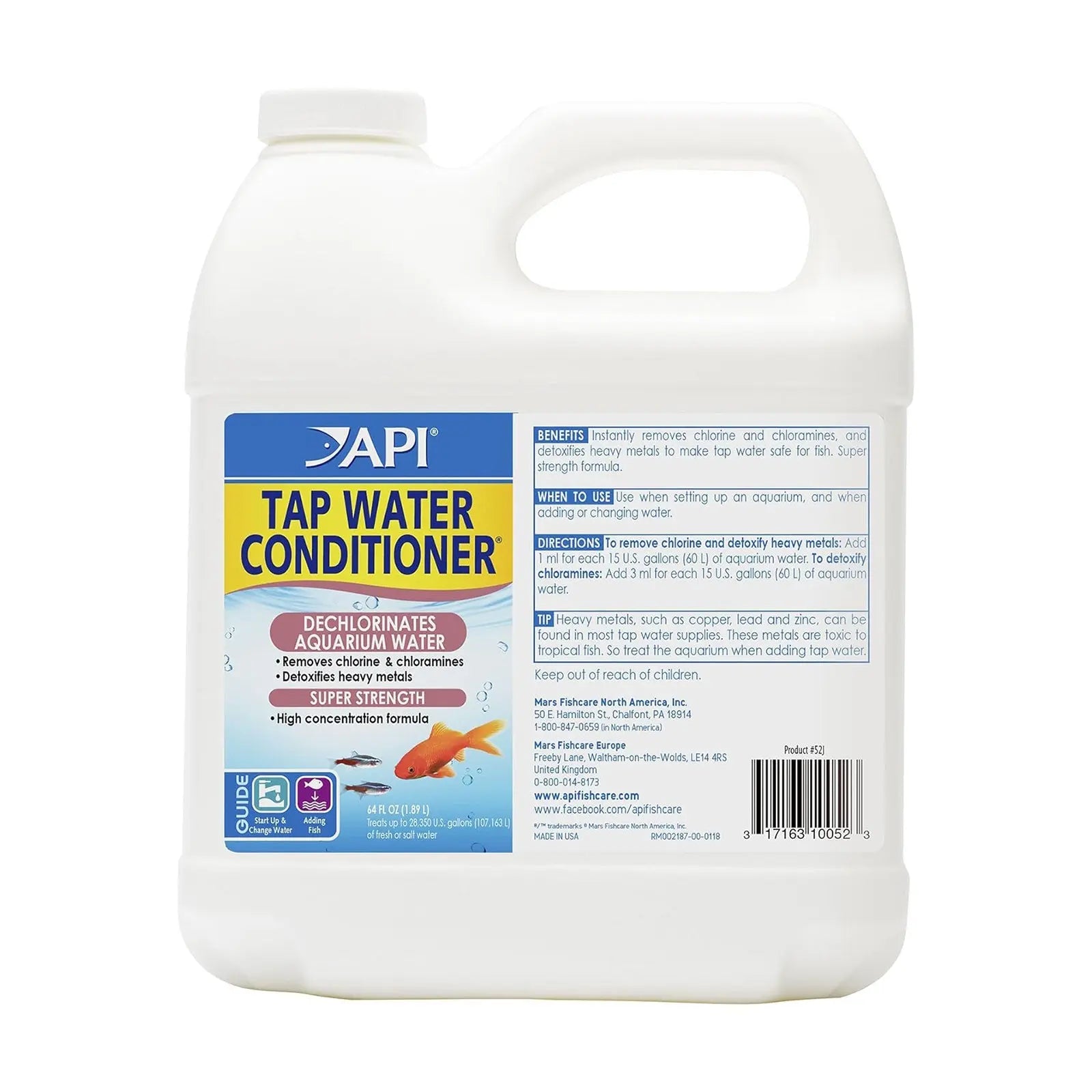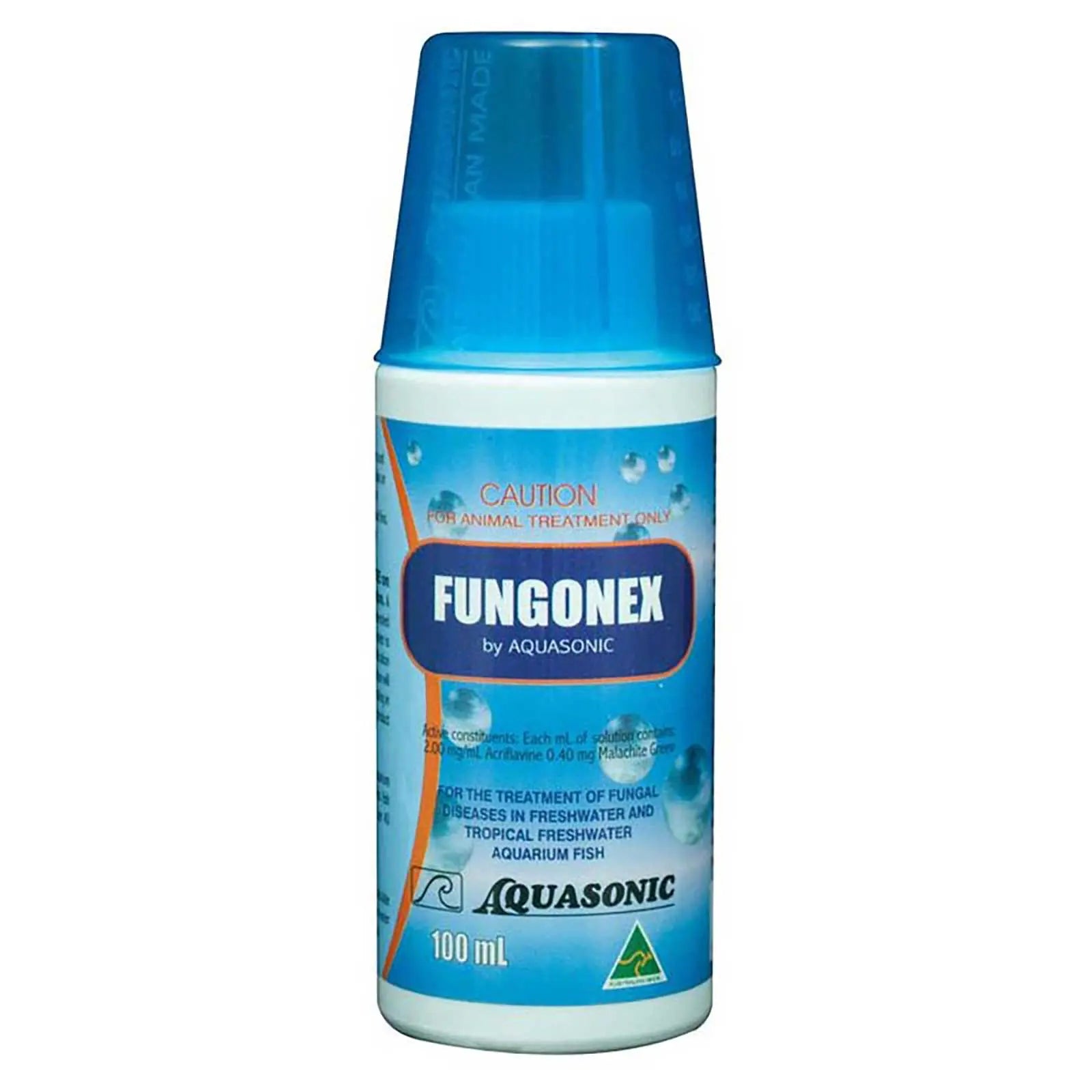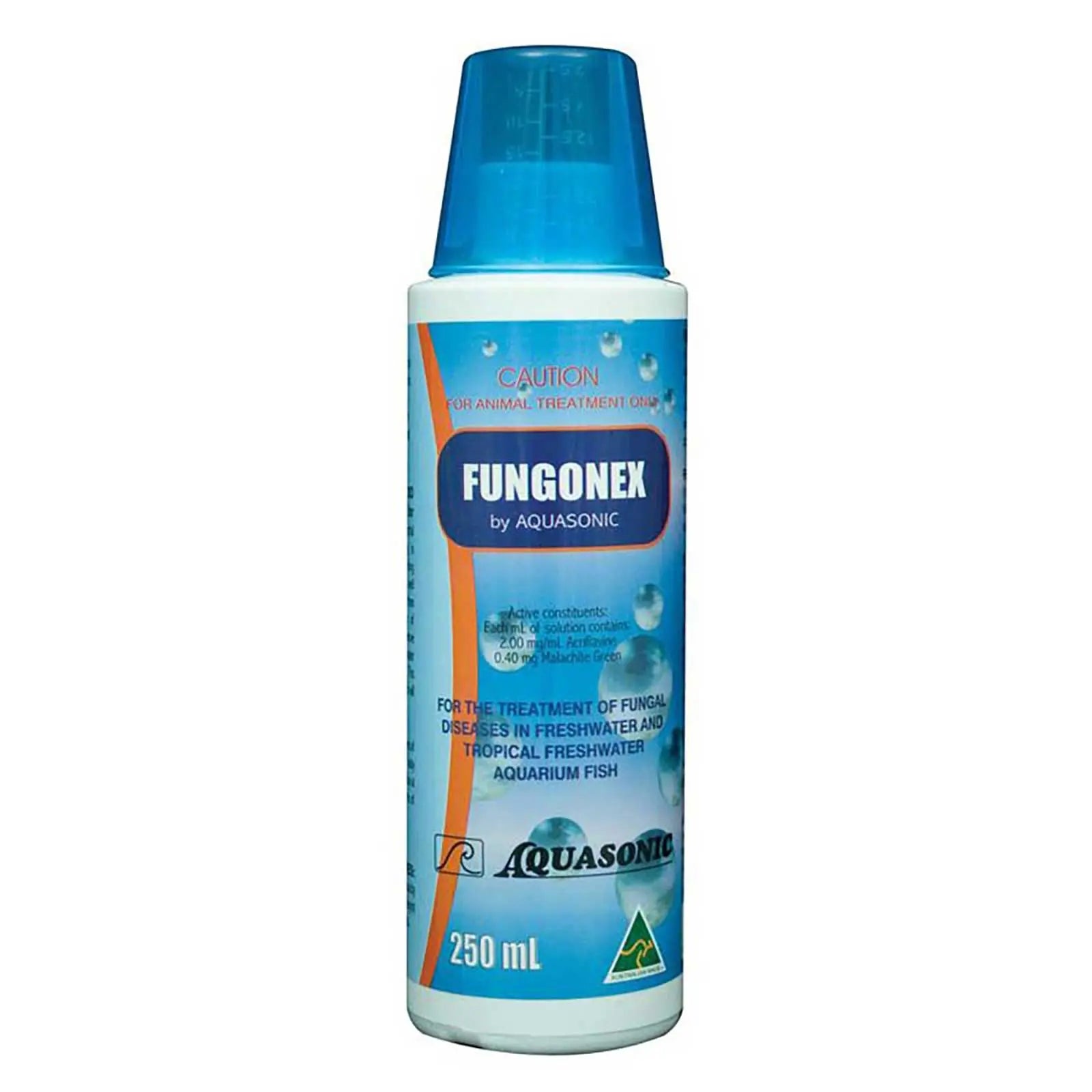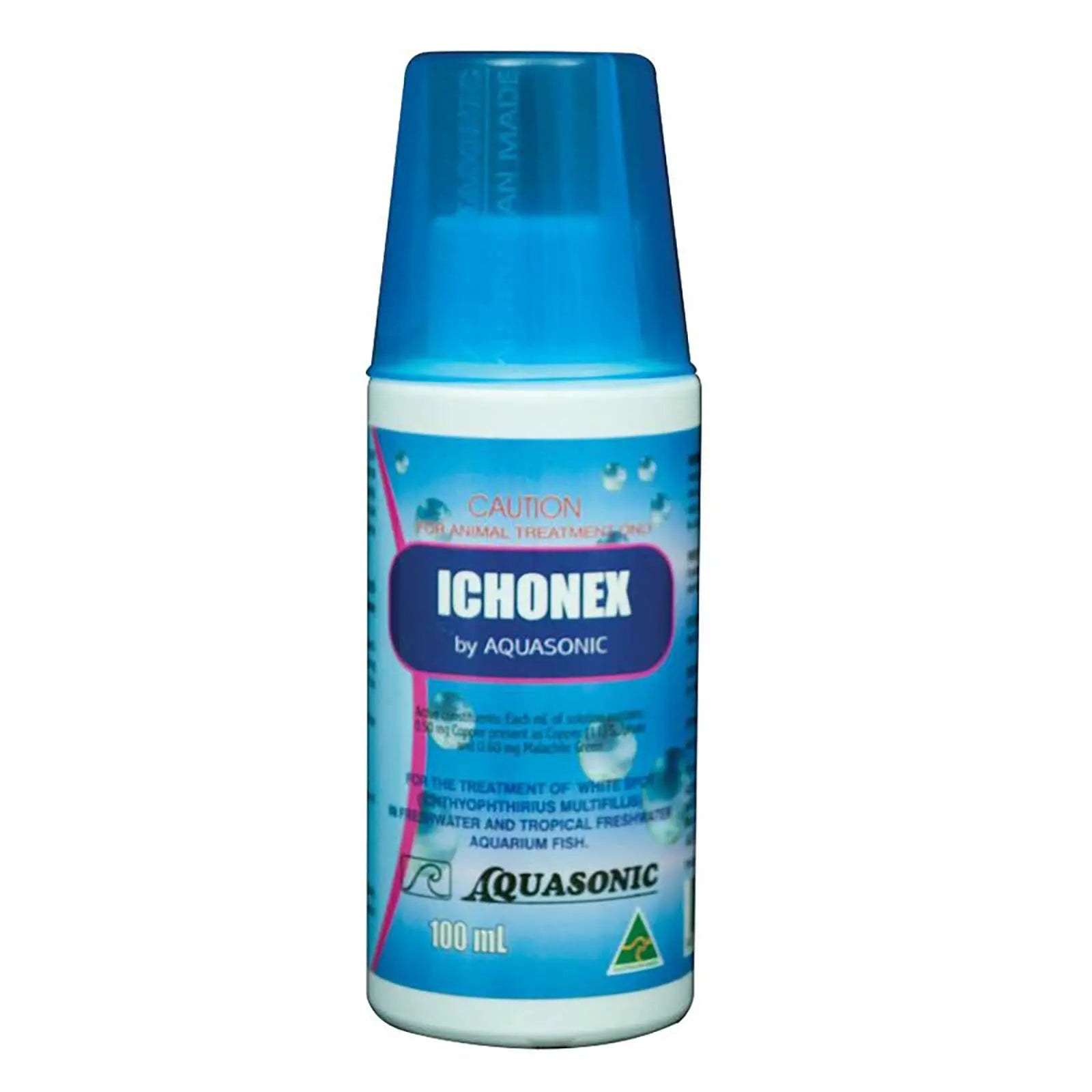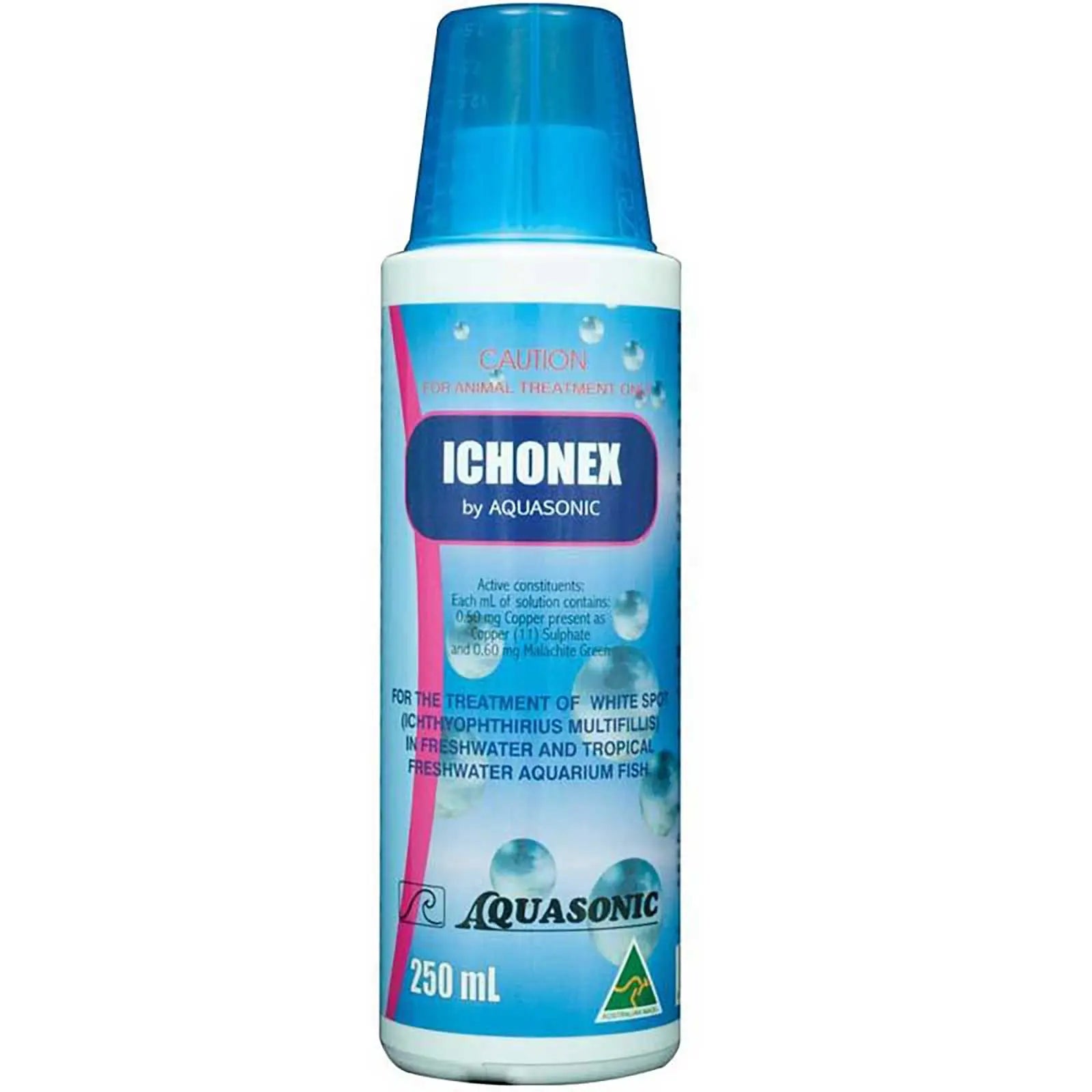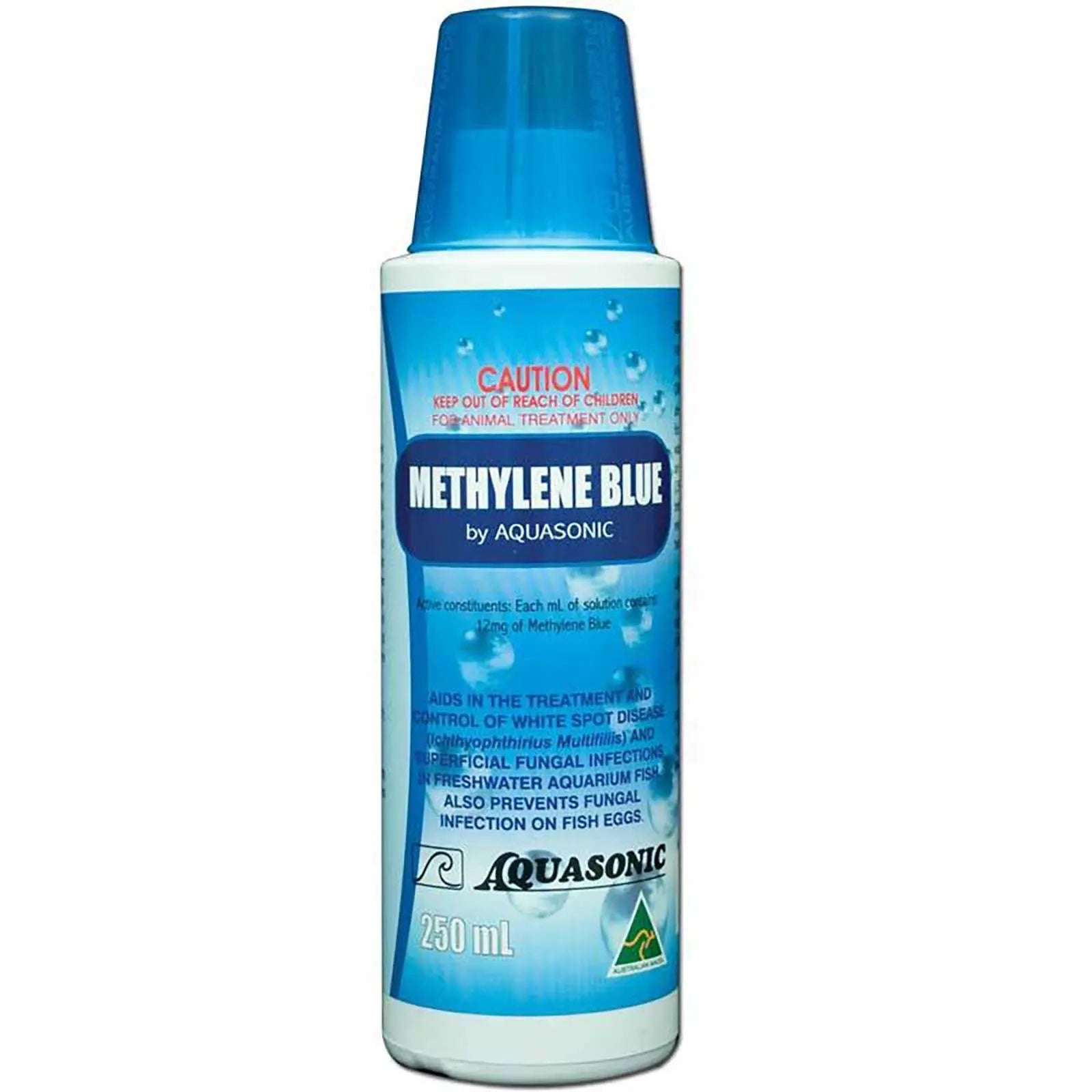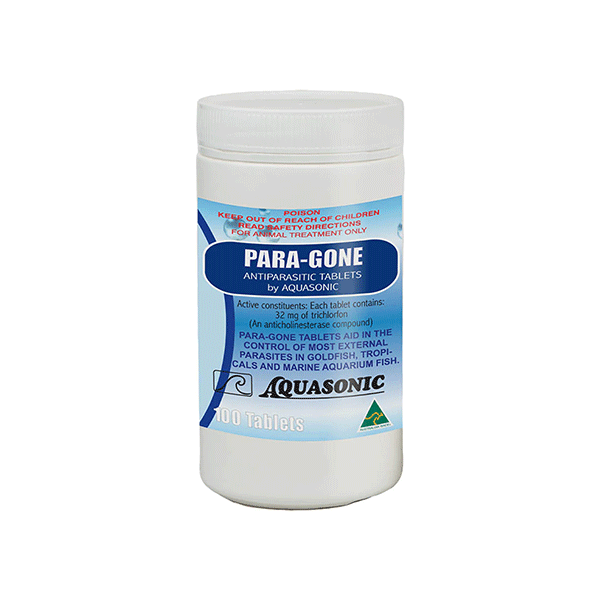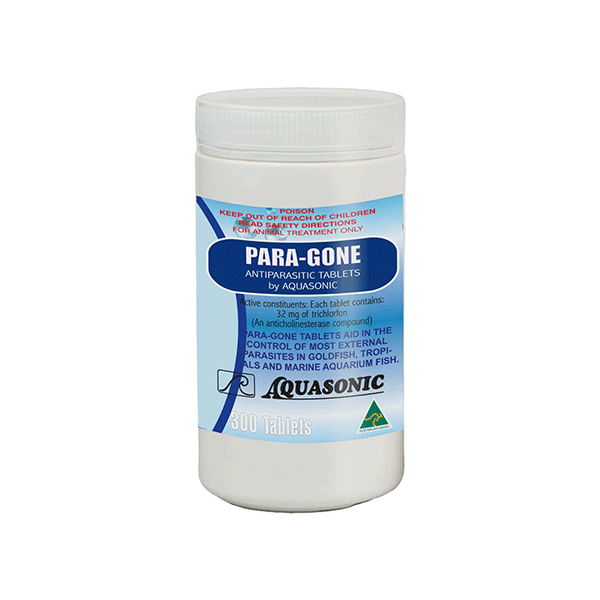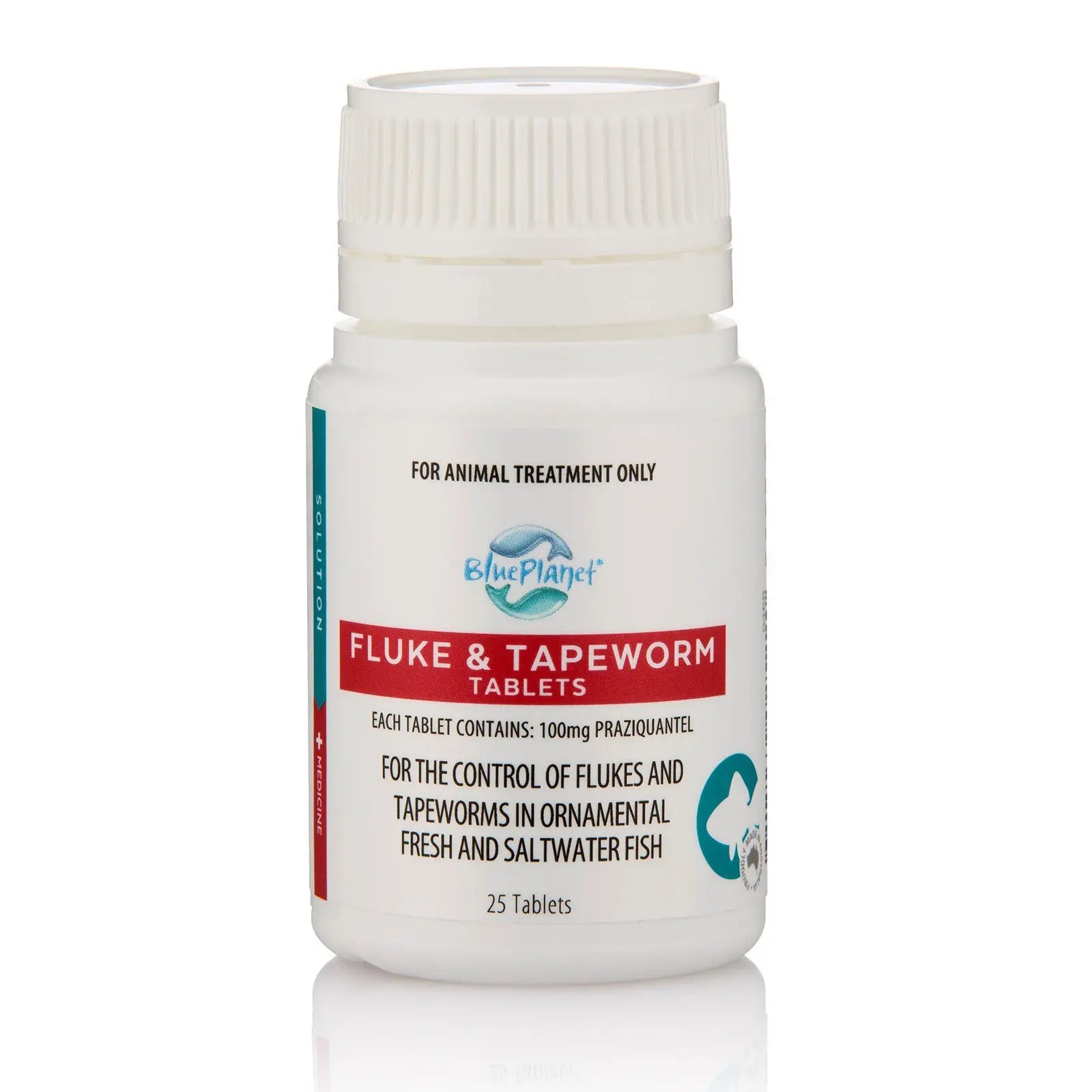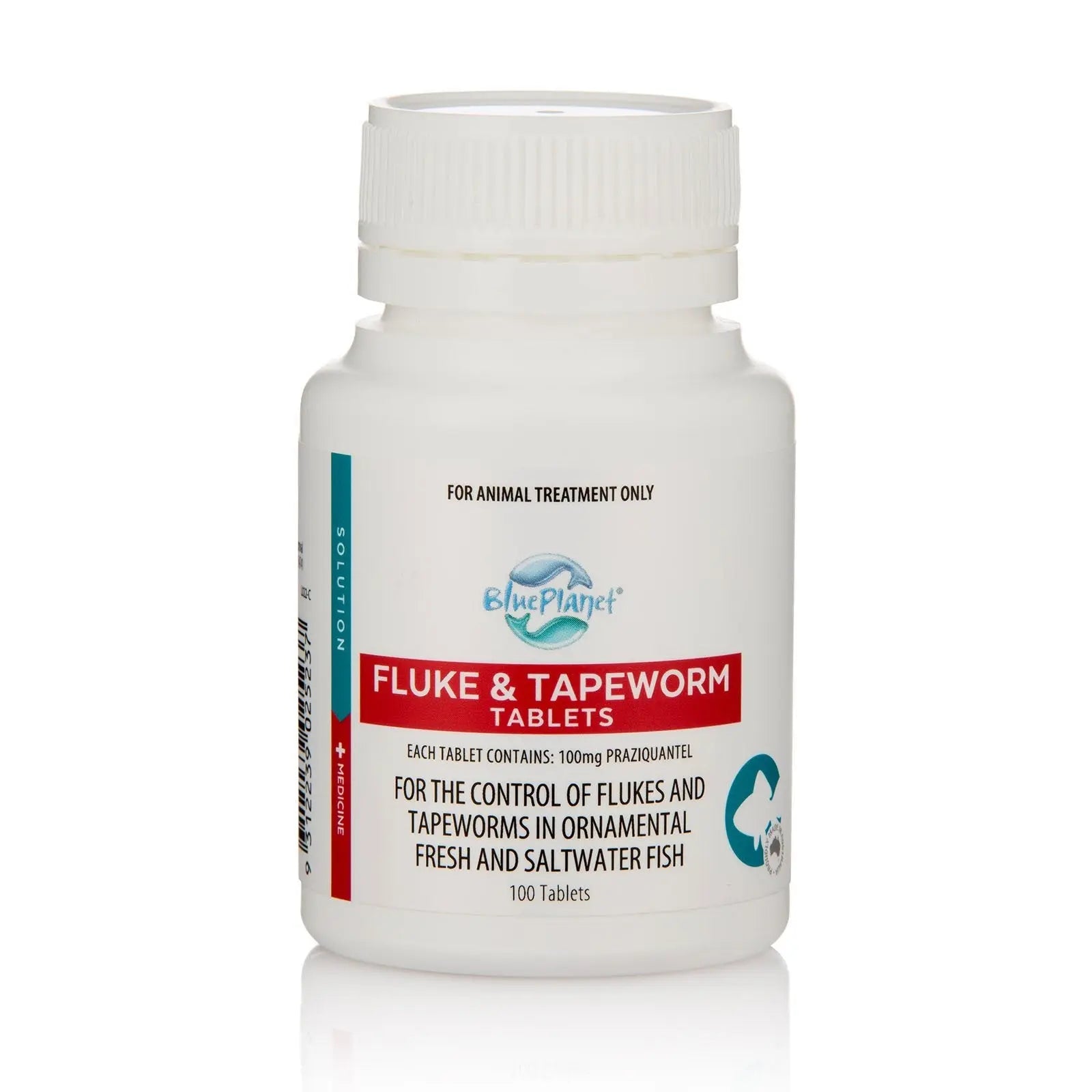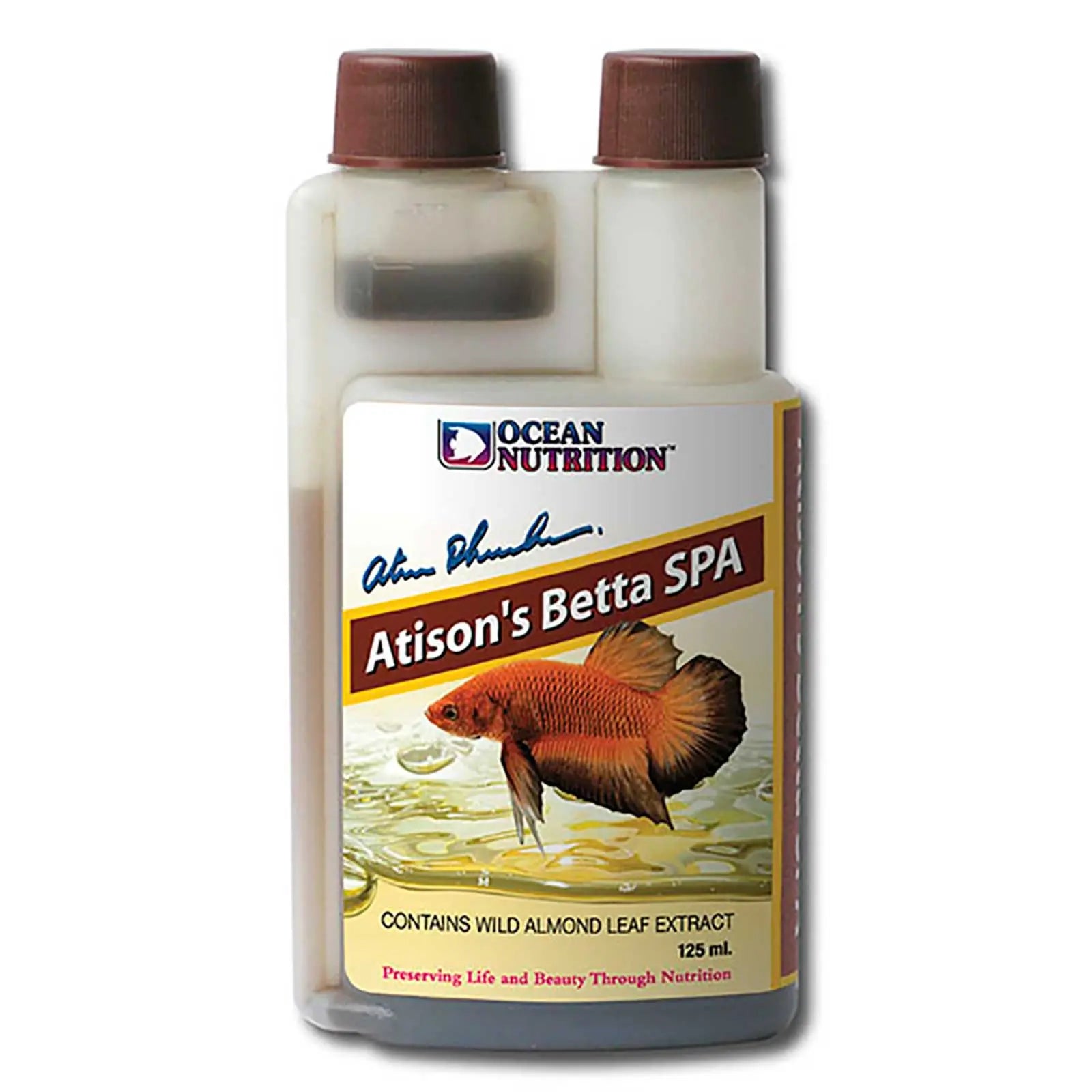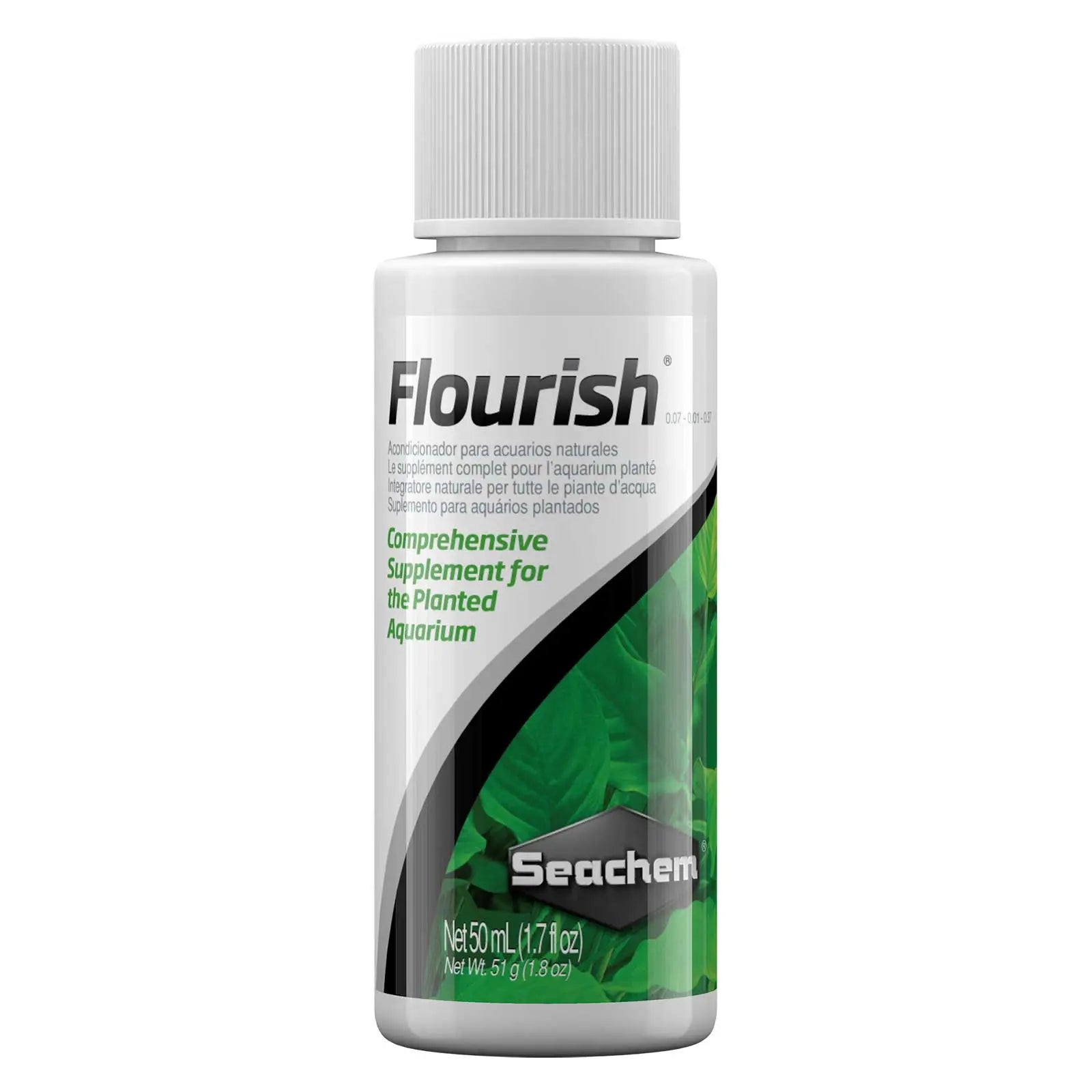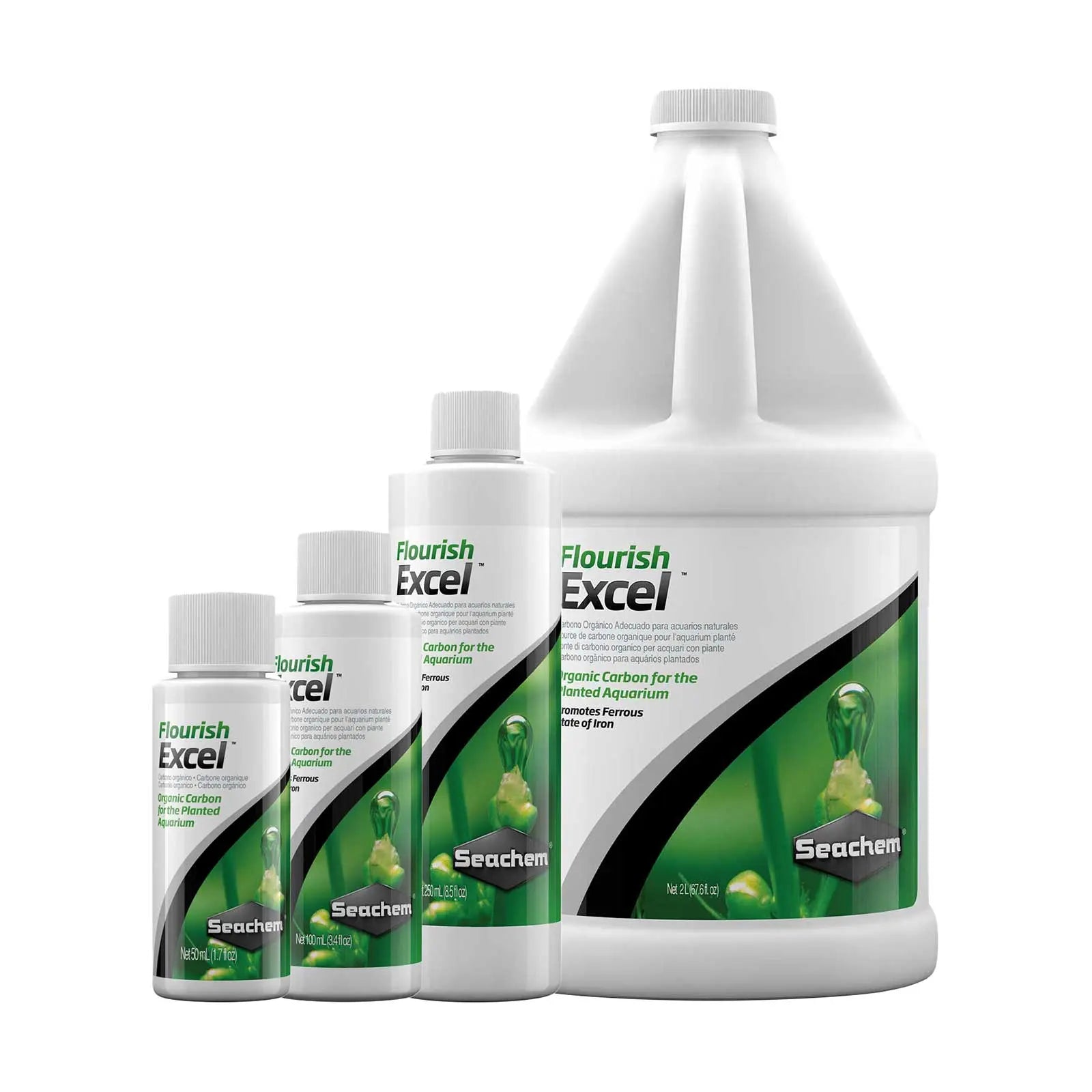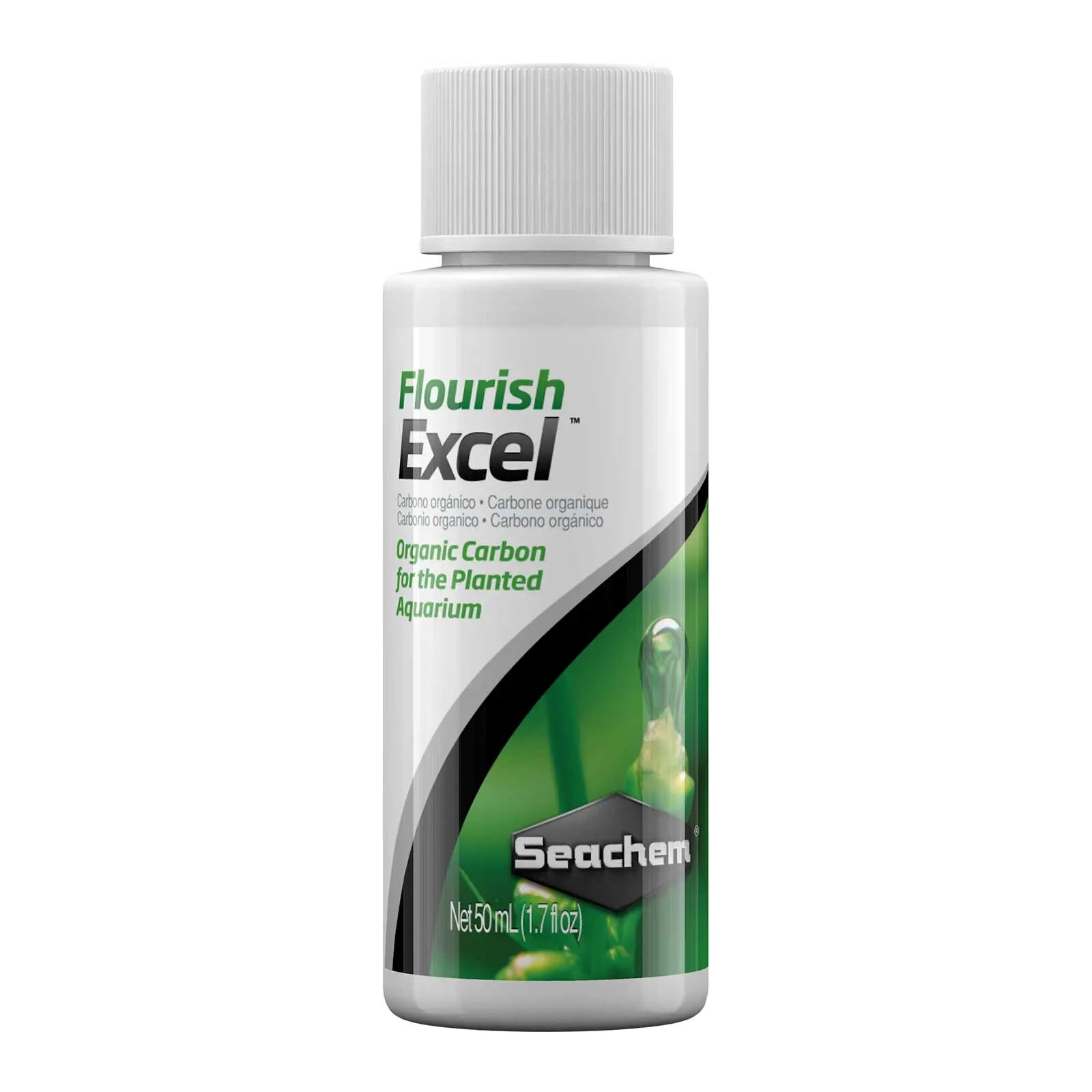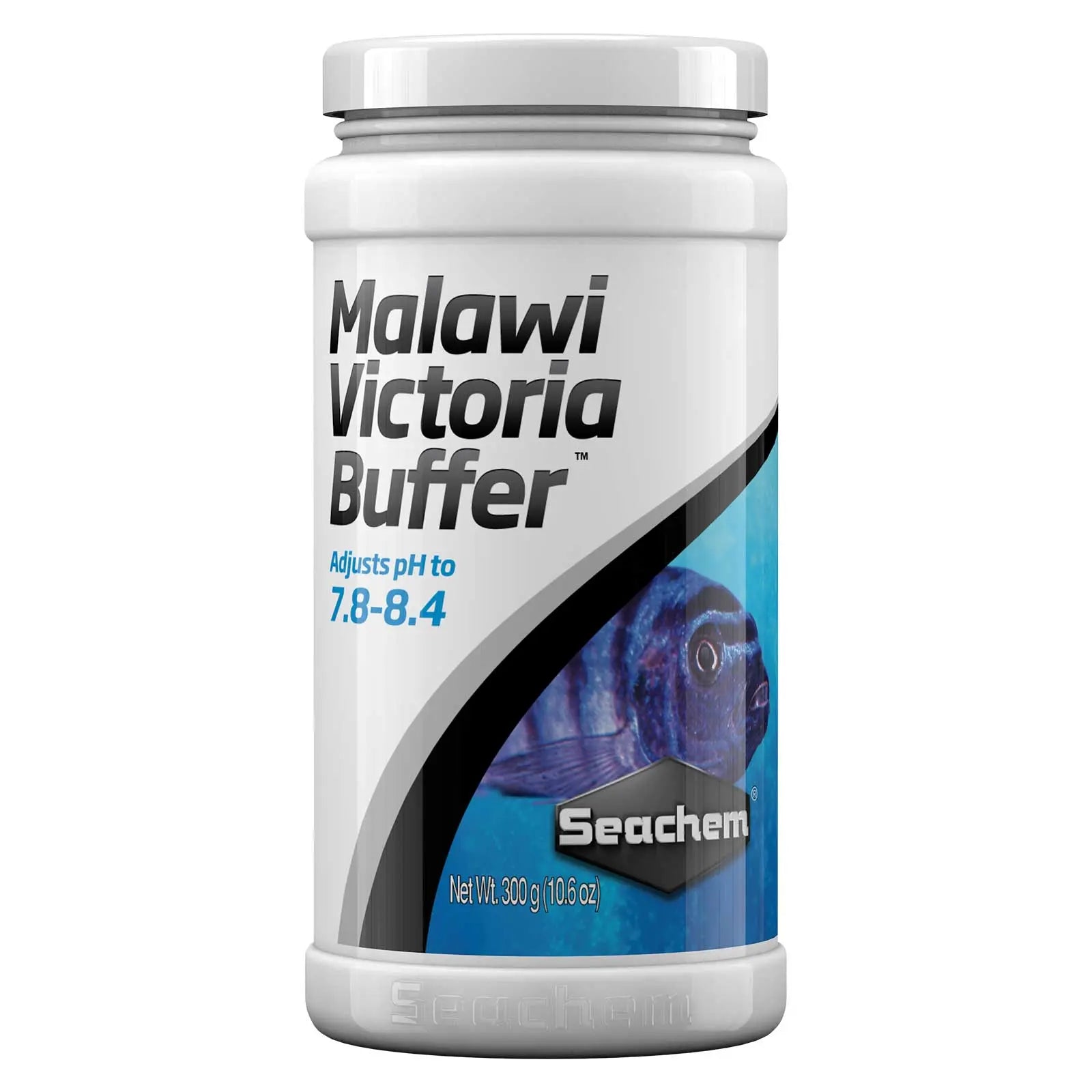Aquarium Additives & Fish Medication
Aquarium Additives & Fish Medication
At Kellyville Pets we have a large variety of Saltwater and Freshwater Aquarium Fish medications for different Aquarium Fish diseases. Different fish diseases can include fish fungus, fish white spot, fish worms, fish stress, and fish parasites which can make your fish stressed, but the fish medications and fish antibiotics we stock aim to reduce the effects, prevent and de-stress your sick fish.
Our Aquarium Tank Additives available online include Aquarium water conditioners and aquarium water purifiers, Aquarium Salt, Aquarium plant fertilizers and plant food, PH regulators, Aquarium supplements, Chlorine removers and aquarium buffers.
Read more...
What are signs of a Healthy Fish?
At Kellyville Pets, we want to ensure that you own happy and healthy fish. A healthy aquarium fish tank should have:
- Happy fish that are active and swim around the whole tank environment, and not just hide behind ornaments and plants.
- Fish that eat regularly and move to the top of tank quickly when food is available. A healthy fish belly should appear full but not bloated.
- Healthy fish scales should appear clear and colourful without blemishes or dull patches. Smooth scales without bumps or blemishes are signs of healthy fish. Fish fins and tail should not appear torn and damaged and the eyes of the fish should not be bulging.
- Healthy fish should not have protruding gills or inflamed gills. Gill movement should be regular to take in water and oxygen but not rapidly.
To keep healthy fish, you must also keep a healthy tank environment. Kellyville pets can help with a healthy tank environment with fact sheets and also free tank water testing to ensure optimum tank water quality. A few basic ways to keep healthy tank water and healthy and happy fish include:
- Aquarium tank water should be changed regularly. Healthy tank water should be clear, odourless and clean.
- Aquarium filters should be cleaned regularly
- Aquarium temperature should be kept and maintained depending on the fish species
- Don’t have too many fish in one tank
- Ensure tank water pH is suited to fish species kept as different fish prefer different conditions
Whilst these are basic and helpful tips, each fish species has different requirements.
How do I know my fish are sick?
A happy and healthy fish should be active, eager to eat, have healthy fins, vibrant in colour without protruding gills, or abnormal bumps along the scales. So what happens if your fish is not active? Or your fish doesn’t eat regularly? If the fish have dull or blemished scales? These could be signs and symptoms that your fish has an aquarium disease or parasite.
Common symptoms
Symptoms for each aquarium fish disease, parasite or fungus can vary widely, but there are a few aquarium symptoms that act as a good sign that something’s wrong with your aquarium fish:
- The fish are scratching against tank ornaments
- The fish looks swollen or bloated
- The fish are moving slowly or not moving at all
- The fish’s fins and tail are closed and folded
- The fish’s gills are moving rapidly
- The fish’s gills appear swollen, red or protruding
- The fish’s fins or tail are torn, ragged or appear damaged.
- The fish’s scales have blemishes or appear dull.
- The fish are not eating, or eat less than before
Common diseases
There are a number of different aquarium fish diseases, fungal and parasites that fish can catch. A list of the more common aquariums fish sicknesses can be seen below:
Anchor Worms
What is Anchor Worm?
Anchor Worm is a whitish-green aquarium parasite that can be seen attached to the body of the fish. They burrow into the fishes scales, entering the muscles and leaving eggs behind causing damage, which can later become infected.
What are some Symptoms of Anchor Worm?
Symptoms include the fish scratching against aquarium tank objects; parts of the fish’s body appear red or inflamed. The Anchor Worm itself should also be visible hanging or protruding from the fish.
Ick or White Spot
What is Ick or White Spot?
Ick, or more commonly known as white spot, is one of the most common aquarium fish diseases. White spot appears on the fish as small spots similar to white sand or salt on the scales and skin and is often a side affect of stressed fish. It can affect saltwater and freshwater aquarium fish.
White Spot symptoms:
Symptoms of Ick or White Spot include fish scratching against aquarium tank objects due to skin irritation, fish gasping at the waters surface, the fish fold fins close to body, or the most obvious is the visual sighting of small white spots similar to white sand or salt on skin.
White Spot Treatment:
The experienced Aquarium staff at Kellyville Pets recommend the use of Aquasonic Ichonex for fresh water aquarium fish infected with White Spot, and Aquasonic Vertonex in saltwater aquarium fish.
Tail, Fin and Mouth Rot
What is Tail, Fin and Mouth Rot?
Tail, Fin and Mouth Rot is caused by a bacterial infection in bullied or injured fish. The bacteria eat away at the fins through open wounds from fighting or injured fish. The effects of bacteria are elevated in Aquariums with poor tank conditions such as wrong aquarium pH, wrong aquarium temperature or fish tank cleanliness.
Tail, Fin and Mouth Rot Symptoms:
Symptoms of Tail, Fin and Mouth Rot in Aquarium fish tanks are simple and can be seen in the appearance of aquarium fish. The fish’s tail and fins start to become frayed and the colour is likely to start fading, as well as deteriorating fins.
Tail, Fin and Mouth Rot Treatment:
Our experienced Aquarium staff at Kellyville Pets have a range of aquarium additives and fish medications for treatment. The product they recommended is API Melafix as treatment for Aquarium fish.
How do I treat my fish
Treating sick fish is like treating a sick person, first you have find out what the problem is. Look for common behaviour or symptoms in your fish like scratching against tank ornaments, the fish looks swollen or bloated, the fish’s fins are folded or the fish is moving slowly or not moving at all. If you are struggling to isolate any symptoms, feel free to call us and speak to one of our many experienced Aquarium staff about your fishy friend, to find out what the problem is. After the disease, fungal, or possible parasite has been identified; our friendly staff can recommend and advise a good fish medication from our large range of saltwater and freshwater aquarium fish antibiotics or additives.

Available Courses
Teach your dog to stay, sit, drop, roll, sniff and more. Deepen the bond between you and your pooch.





